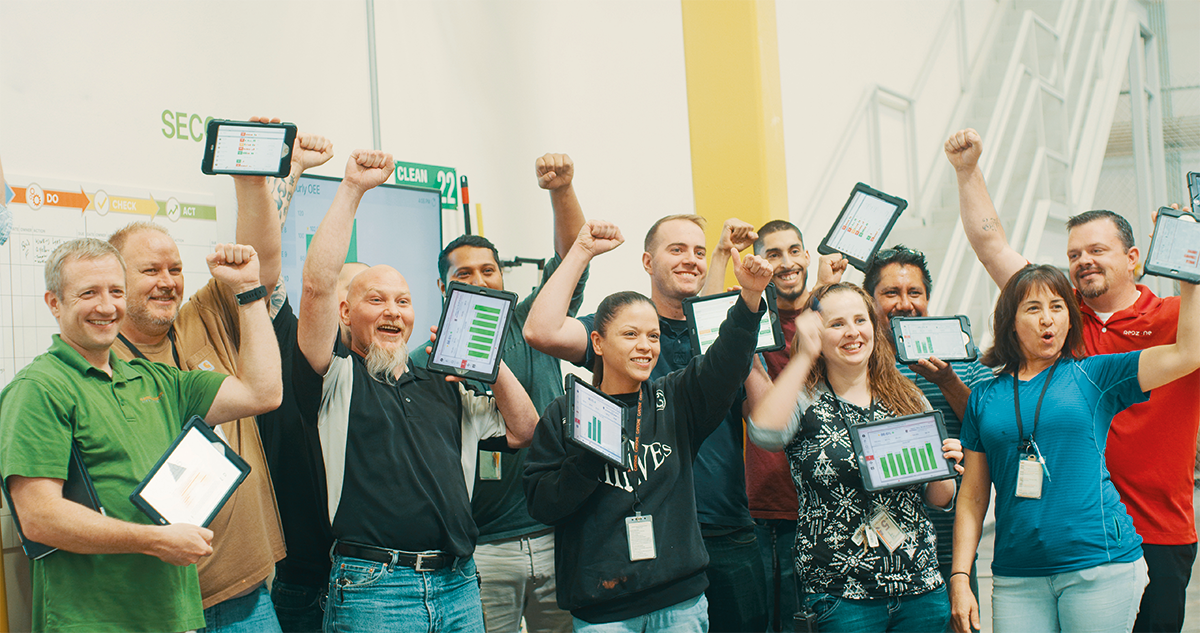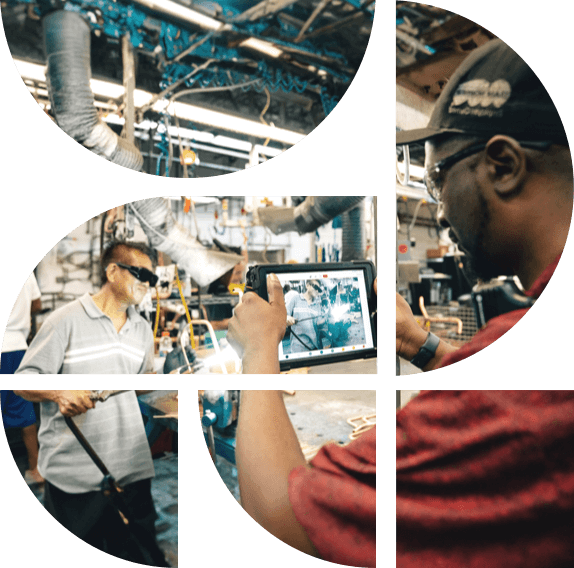Unlock the Secrets to Increased Productivity with Redzone's Newly Released Benchmark Report! Download Today
April 21, 2022

Though a manufacturing labor crisis has been on the horizon for some time, the COVID-19 pandemic and subsequent mass employment shift greatly accelerated the effects. The exodus of the Baby Boomer generation from manufacturing jobs, combined with the abundance of jobs available to subsequent generations given the rise of the gig economy, has led us to the current labor crisis, leaving plant managers and leaders scrambling to find the best answers to rectify these issues.
Our mission has always been to transform manufacturing by unlocking the everyday productivity potential of every frontline worker, making them active contributors to and beneficiaries of their company’s success – not just a cog in the machine. To measure the impact of our Connected Workforce Solution, we initiated our first Frontline Workforce Engagement Study, released today, quantifying the employee engagement increases at 50 U.S. manufacturing plants where Redzone technology is deployed. What we found reinforces the business benefits of treating frontline employees with dignity, giving them purpose, recognition and the opportunity for career growth.
After completing Redzone’s 90-day onboarding process, plants reported an overall 74% increase across the five engagement factors we identified:
The business impact of this increased engagement? Reduced employee turnover and increased team productivity.
What frontline manufacturing employees are looking for is no different than any other industries: they want to have dignity in their work, recognition for a job well done, opportunity for growth and, most importantly, the desire to work toward a higher purpose. A more productive workforce churns out more end product, which means fewer supply chain interruptions and, ultimately, more products on shelves and less inflation impacting all of us.
To download our full report, you can click here.
Twice the Frontline Engagement: Priceless A spring in the step, a smil...

Contact us and let's begin empowering your frontline and growing your bottomline.
